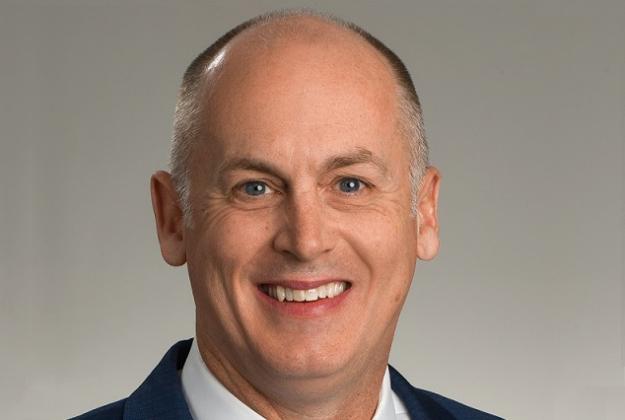[As seen in the Boston Business Journal]
Various reports indicate the average American needs between $1.2 million and $1.8 million to retire comfortably, yet a recent Fidelity Investments survey reflects a staggering gap: $250,000 is the average 401(k) balance by age 70.
As businesses face increasing uncertainty, wage pressure and shifting workforce expectations, one benefit quietly reveals its character: the retirement plan.
Employer-sponsored retirement plans demonstrate businesses care about their employees today and also well into their financial future. Yet how they’re presented to — and in turn engaged — by their workforce makes all the difference.
Ask most working Americans what retirement looks like and how they will fund it, and their answers will vary, from concern for what the future may bring to the ability to achieving a comfortable retirement and more. The quality of their employer-sponsored retirement plan is an opportunity to help with retiring with dignity. It can reflect a company’s willingness to go beyond the bare minimum. It says, “We want you to have a future here — and after here.”
Employers committed to talent retention and culture are beginning to consider more about their retirement plan offerings, moving from a philosophy of required compliance to a comprehensive assessment of whether they’re doing enough for their employees’ retirement future. This matters more than we think. For employees starting out and in the beginning stages of their careers, it sends an early message: this company has a plan for you. For those in their 50s and 60s, it respects that their years of experience are leading somewhere secure.
A “best-in-class” employer-sponsored retirement plan doesn’t have to be flashy or complicated. But it probably includes a few key ingredients: fair fees, solid investments and clear communication to employees and plan participants. And yet, too many plans still operate on autopilot, focusing almost exclusively on quarterly reporting requirements, fee benchmarking analyses and ongoing alignment to payroll.
These steps, while critical, don’t capture how effectively the plan is actually working for employees and whether employees truly understand how their plan benefits them. And when employees aren’t clear how their employer’s retirement plan serves their interests, the plan loses the power to engage.
What would happen if businesses took a fresh look at their plans — not just to meet the requirements, but to build something better? Something employees actually use and understand? A Retirement Plan Health Report, for example, assesses what part of an employee population is on track with their retirement savings, and how employers can best assist their workforce. Taking the time to understand the make-up of an employee population from a retirement lens will also enable informed decisions about the best ways to educate employees about achieving secure retirements and how 401(k)s, 403(b)s, and other defined contribution plans can help.
Because at the end of the day, the retirement plan isn’t just a benefit. It’s a beacon to attract the best and brightest. Employees are counting on their employers and so is the employer’s long term strategy for growth.
Sept. 5 is National 401(k) Day, a time to consider and review 401(k) and other retirement plans.
Scott Tuxbury is vice president of retirement plan advisory services with Cambridge Trust Wealth Management, a division of Eastern Bank.
The opinions expressed herein are those of the author(s), and do not necessarily reflect those of Eastern Bankshares, Inc., Eastern Bank or any affiliated entities. Views and opinions expressed are current as of the date appearing on this material; all views and opinions herein are subject to change without notice. These views and opinions should not be construed as any specific recommendation. This material is for your private information, and we are not soliciting any action based on it. The information in this content has been obtained from sources believed to be reliable but its accuracy is not guaranteed. There is neither representation nor warranty as to the accuracy of, nor liability for any decisions made based on such information. Investment advisory services and investment products available through Cambridge Trust Wealth Management, a Division of Eastern Bank, are not insured by the FDIC or any federal government agency, not a deposit of or guaranteed by any bank, and may lose value.
